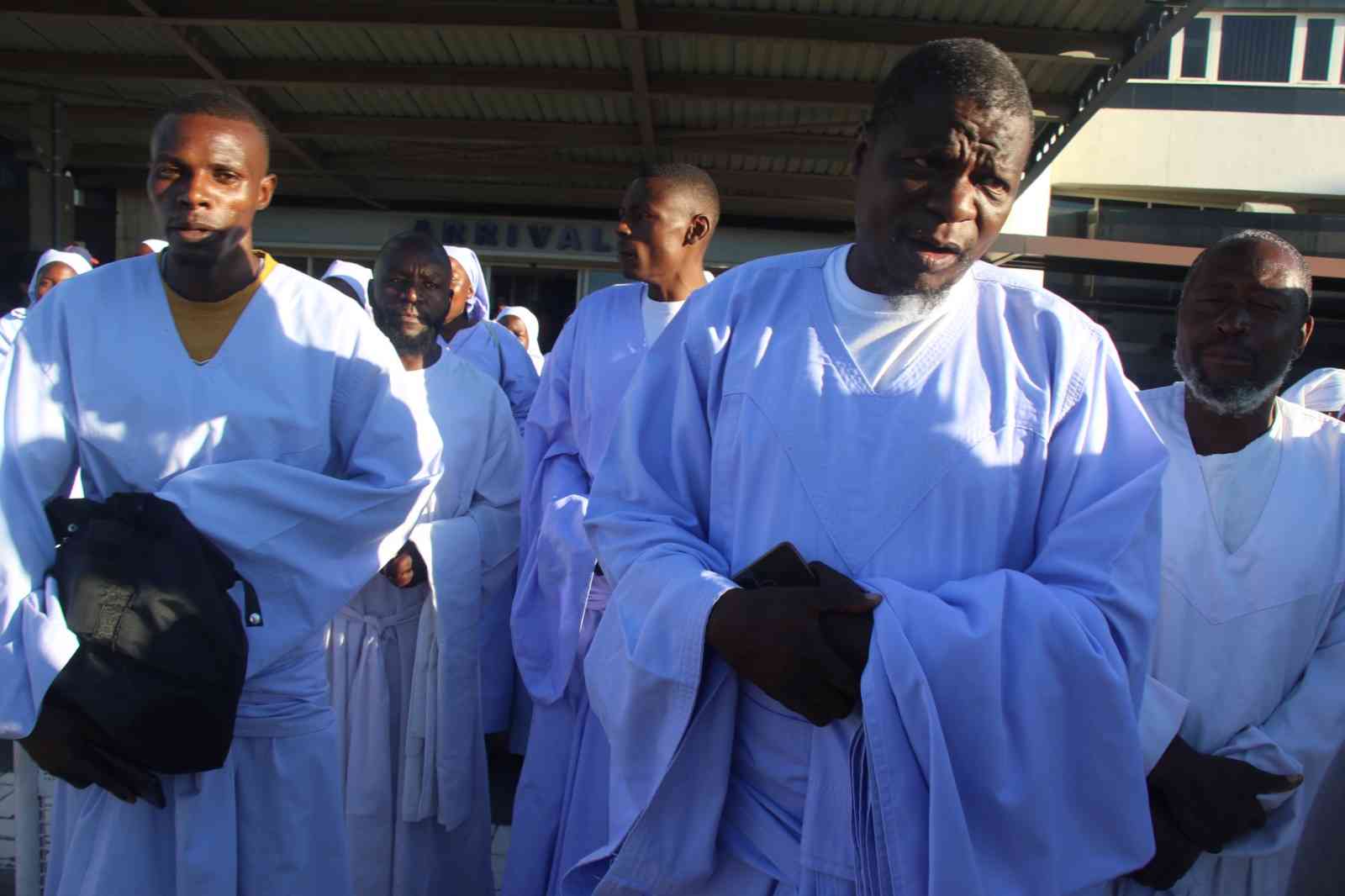
Sarah Masendeke* left her rural home in Chivi for Beitbridge with the hope of finding a job so that she could look after her family.
Gender Lens with Moses Mugugunyeki
It was a torrid time getting a decent job in the border town, prompting Sarah, a divorced mother of two, to abandon the job search and join the sex work bandwagon.
Today, Sarah is one of the most prominent sex workers in the border town of Beitbridge.
Her life has not been a bed of roses as she is exposed to many trials and tribulations that make her chosen career path grim.
Sarah is among hordes of sex workers who are most vulnerable to Gender Based Violence (GBV) and HIV infection in the country.
“When I got divorced I had nowhere to start, so I thought of looking for money this way,” said Sarah, who participated in a recent Zimbabwe Sex Worker Formative Research programme carried out in Beitbridge and Chirundu.
The research was done by the Action Institute for Environmental Health and Development Communication (Action IEHDC).
- Chamisa under fire over US$120K donation
- Mavhunga puts DeMbare into Chibuku quarterfinals
- Pension funds bet on Cabora Bassa oilfields
- Councils defy govt fire tender directive
Keep Reading
Several factors heighten sex workers’ vulnerability to HIV and Aids and GBV.
Many sex workers face cultural, social and legal hurdles in life. They also experience violence on the streets, on the job or in their personal lives, which increases their vulnerability to HIV and GBV. The Zimbabwe Sex Worker Formative Research Report shows that many sex workers report being beaten, threatened with weapons, raped and forced into sex.
“Some men pick you from the beerhall and take you to their place or yours and when you get there they refuse to pay and then at times that’s when beatings happen and you go and report to the police and they [police] say they are not part of sex workers issues,” said one woman based in Beitbridge who participated in the research.
In Zimbabwe, sex work is highly stigmatised and sex workers are often subjected to blame, labelling and discriminatory treatment. There are no laws governing sex work and law enforcement agents rarely do anything to stop the violence experienced by sex workers.
Instead, the women are considered immoral and deserving of punishment. Many sex workers consider violence “normal” or “part of the job” and do not have information about their rights.
“These ladies are often reluctant to report gender based violence to the police. Even when they do report, their claims are swept under the carpet,” said Nettie Musanhu, director of Musasa Project.
“Criminalisation of sex work contributes to a situation where violence against sex workers is accepted, leaving them less likely to be protected from it.”
Sex workers who are rounded up during police raids are beaten or coerced into having sex in exchange for their release. They are charged under parts of Section 81 (2) of the Criminal Law (Codification and Reform) Act.
The Act makes it a criminal offence for women to loiter in public for the purposes of soliciting for prostitution.
Operation Zvanyanya and Operation Chipo Chiroorwa are notable blitz that were launched by police against sex workers around the country last year.
Many sex workers said harassment by the police was a serious problem that impeded their job.
“Police routinely arrest us and often solicit for bribes or sexual services from us,” said Mavis, a Harare-based lady of the night. She also lamented that sex workers were not able to negotiate safe sex with some clients.
“We cannot negotiate the use of condoms with most of our clients. Some opt to double the prices that we would have charged for unprotected sex,” said Mavis.
Most sex workers do not have access to condoms, HIV prevention information and sexual health services.
“Sex workers feel marginalised and discriminated against on the basis that they are sex workers. When they lodge complaints about sexual abuse perpetrated against them, they are not taken seriously simply because of their profession,” said Pyke Chari, executive director of Action IEHDC.
Chari said sex workers felt that their social standing was lower than that of other people in society which could be attributed to the fact that sex work is illegal in the country. Feedback email: [email protected] *Not her real name










